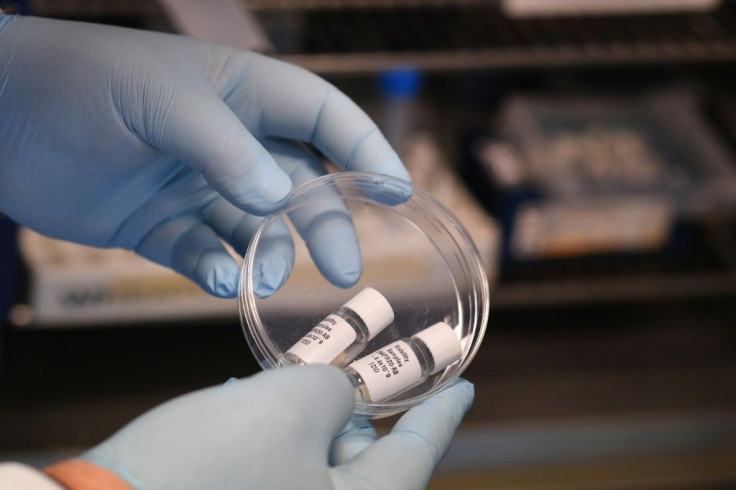Are More Young People Getting The Coronavirus? Possible Reasons For An Uptick In Cases

KEY POINTS
- Health experts voiced concerns over the recent rise in coronavirus cases among young people amid an overall surge across the U.S.
- Texas Gov. Greg Abbott blamed the rise on bars and school athletic events where masks and capacity recommendations are ignored
- Florida Gov. Ron DeSantis echoed President Donald Trump, blaming the rise in cases on increased testing
The recent surge of coronavirus cases in the U.S. South and West created a new wrinkle for states looking to reopen and intensified concerns about a second wave. Florida, Arizona and Texas, in particular, emerged as major hotspots thanks to record numbers of new cases being reported almost daily.
However, the most worrying trend officials have cited is the increase in cases among people in their 20s and 30s.
“We are seeing more people test positive under the age of 35, particularly in our discussions with the leadership in Florida and in Texas,” Vice President Mike Pence told state governors and reporters during a conference call Monday. “The better part of half of the people that are testing positive in the new cases are people under the age of 35 ... so, we're working with those states and supporting measures that are being taken to address those issues in an appropriate way.”
Texas Gov. Greg Abbott said the states’ findings pointed to two possible sources for the recent surge: bars and school athletics. The common reason linking the two was eschewing masks and ignoring limited capacity orders in place to try and bring cases down as the state reopened.
“We will continue to dig into it. We will use testing strategies to make sure that we are able to target the areas of groups that are more highly inclined to test positive,” Abbott told reporters.
The problem has been exacerbated by some parts of the U.S. pushing back against wearing masks in public or practicing social distancing. President Trump’s continued refusal to wear a mask, as well, has been blamed for politicizing something health experts say shouldn’t be.
“Masking has become controversial. It shouldn't be,” former Food and Drug Administration commissioner Dr. Scott Gottlieb told CBS’ “Face the Nation” on Sunday. “It's a simple intervention. It's a collective action we can all take to help protect our fellow citizens and also protect ourselves and try to reopen the economy safely.”
However, some state officials have followed Trump’s lead in trying to blame the surge in cases on increased testing. Florida Gov. Ron DeSantis echoed President Trump’s comments at his Tulsa rally on Saturday. He said the average age of people testing positive for coronavirus is 37, but the state will continue to reopen despite the rapid rise in cases.
“No, we're not shutting down, you know, we're going to go forward,” DeSantis told reporters. “You have to have society function.”
Several health experts, including Dr. Anthony Fauci, said the increase among younger Americans is not surprising because coronavirus poses less of a perceived risk. They, in turn, are more open to reengaging socially than older demographics at a greater risk of developing severe symptoms.
University of Washington epidemiologist Judith Malmgren highlighted the danger this poses to at-risk groups.
“This creates a reservoir of disease moving around in the population, simmering, if you will,” Malmgren told NPR. “This can spike to uncontrollable levels in more vulnerable adults very quickly.”
Fauci echoed Malmgren’s statement, telling CNN: “They get infected first, then they come home, and then they infect the older people. The older people get the complications, and then they go to the hospitals,. The death rate always lags several weeks behind the infection rate.”
As of midmorning Tuesday, more than 2.3 million coronavirus infections had been confirmed in the United States, leading to more than 120,400 deaths.
© Copyright IBTimes 2024. All rights reserved.





















